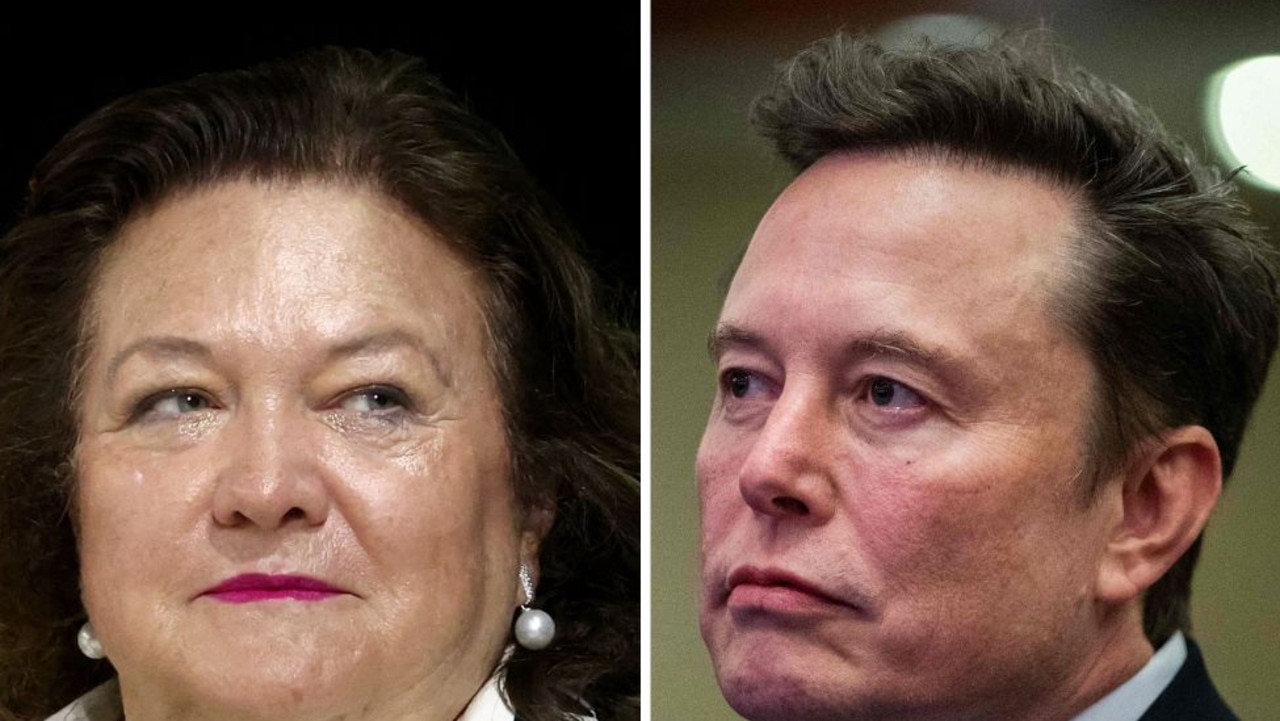‘End Times’: Why 2024 is make or break for democracy
The year of 2024 will decide the future for 3 billion people worldwide – and whether it’s “end times” for civilisation as we know it.
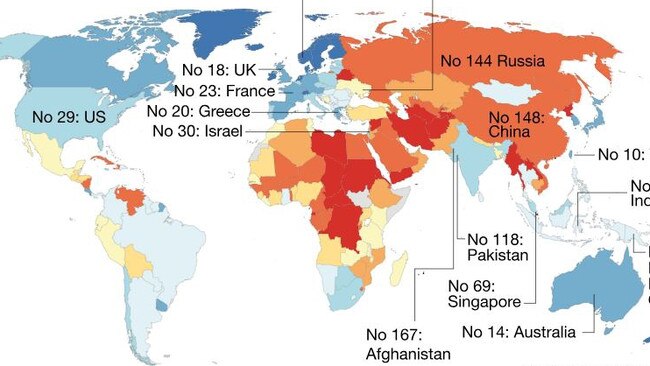
Leaders
Don't miss out on the headlines from Leaders. Followed categories will be added to My News.
ANALYSIS
Are we right to be worried about democracy? Can it stand against a perfect storm of polarisation, institution degradation, and authoritarianism? Or is it being swamped by a world of its own making?
2024 is an election year for some three billion people worldwide.
Polls will be opening across a record 71 countries. But only 24 meet all the international standards for free and fair votes. The other 143 range from pure theatre – such as Vladimir Putin’s Russia – through to the somewhat stacked – such as Narendra Modi’s India.
And everywhere, malign influences seek to sow seeds of doubt, confusion and mistrust.
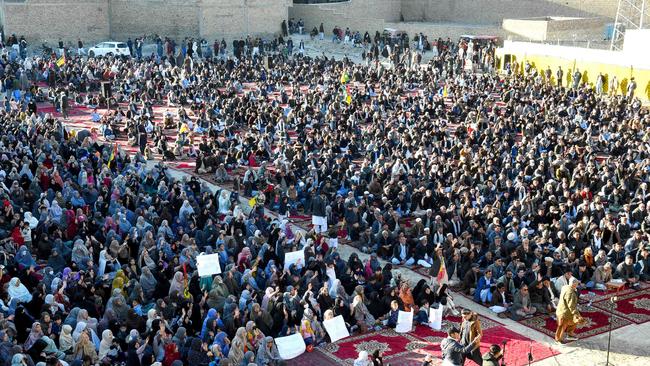
Is the future of democracy on trial?
Professor in International Security and Intelligence Studies John Blaxland says it’s certainly in for a fight.
“There’s no doubt the world’s democracies are facing an enormous challenge from a range of sources – from powerful figures that don’t believe in them anymore, or don’t see them as supporting their interests,” he told news.com.au in an interview this week.
“But my sense is no one person can just pull things their way. There are too many countervailing factors, mitigating circumstances and constraints.
“We forget, democracy has been through this before.”
Camelot besieged
Professor Blaxland is at ground zero of the global war on democracy: Washington, DC.
The outcome of the November 2024 Presidential race is widely seen as a pivotal point for the future of Western civilisation.
“There’s a lot of doom and gloom about the US,” the Australian National University’s North America Liaison Office director notes. “But I’m a glass-half-full kind of person. I’m still quite sanguine about the ability of this country to bounce back”.
It has survived similar challenges before. It’s just that this has largely passed from living memory.
The Civil War of 1861 was its darkest moment. And that was a result of its own actions.
The Great Depression of the 1930s convinced many that the US was done and dusted.
“In particular, the period near the end of the Vietnam War produced a real sense of an unravelling,” Blaxland adds.
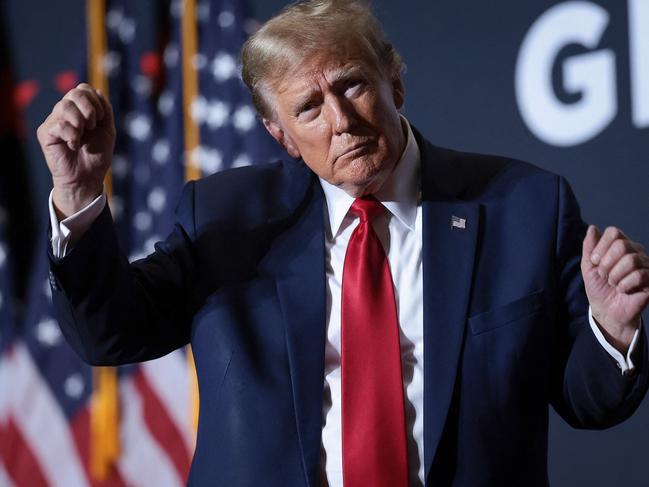
But historians are hopeless at predicting the future and identifying global trends, he warns.
So are politicians. And prophets.
“I’m the son of a clergyman,” Blaxland explains. “And in Christian circles, there’s a lot of talk about the end times. They’re pointing to what’s going on in Israel and globally as confirmation of that time being close. Some actually see it as their job to hurry it along.
“But I’m not of that view. I am a professing Christian myself. And one of the things these people forget is that the so-called second coming is when Christ comes ‘like a thief in the night’. It’s not something some clever person can read in the tea leaves.
“I say that because I think it’s important to put it out there.
“There are a lot of different views and opinions around the world about what current events mean. But it’s important to keep things in a historical perspective and to remember that we have – as a society – managed to muddle through similar crises in the past.
“And we’ve done so when we’ve had visionary and self-sacrificing leadership.”
Once more unto the breach …
“What we’re facing is a spectrum of challenges,” explains Blaxland. “This includes great power contestation, looming environmental catastrophe, and a full set of governance challenges – including terrorism, smuggling and civil war. And all of that is being accelerated by the fourth industrial revolution”.
It’s all presenting a “devilishly difficult problem” for democratically elected governments the world over.
“It’s not insurmountable,” Blaxland adds. “But it’s very difficult to manage the pressure groups and the expectations of competing interests, and to mitigate the corrosive challenges spilling over from one domain and into another”.

It’s a world of turmoil being fanned by those who think they can benefit from it.
“I think we’re seeing a fair bit of that,” says Blaxland.
“It’s manifesting itself in social media and other forms of influence.”
It’s domestic. It’s corporate. It’s also foreign interference. Key players include Putin, Xi, North Korea’s Kim Jong-un, and Iran’s Ayatollah Khomeini.
“And then there’s a bandwagon effect with lots of others who’ve got their own resentments – everybody loves a good set of double standards,” he adds. “And all nations and alliances will have double standards”.

Hypocrisy is ammunition for any opponent. But so too is the rule of law.
“China is involved in what their own colonels described in a book from 1999 as ‘Unrestricted Warfare’ – that is using media, legal, diplomatic and psychological tactics. Now, we don’t think they’re legally at war with anybody – and that kind of threw people off. But perhaps we should reframe that title as unrestricted competition. It is fighting in every way short of a formal kinetic war. But it’s pretty hot.”
The fall of law
“You can cast aspersions till the cows come home about all the faults and all the exceptions that the US and West make for themselves under the construct of a rules-based order, and yet we are all still beneficiaries of it – even China, Russia and Iran,” says Blaxland.
It’s not been all plain sailing, but the 80 years since the end of World War Two have been an unprecedented era of global security and co-operation.
That’s enabled international trade and communications. Safe seas mean gargantuan container ships and tankers plying the shipping lanes like clockwork. Safe airways mean regular, convenient international flights. Safe orbits mean weather forecasts, GPS and instant internet banking.
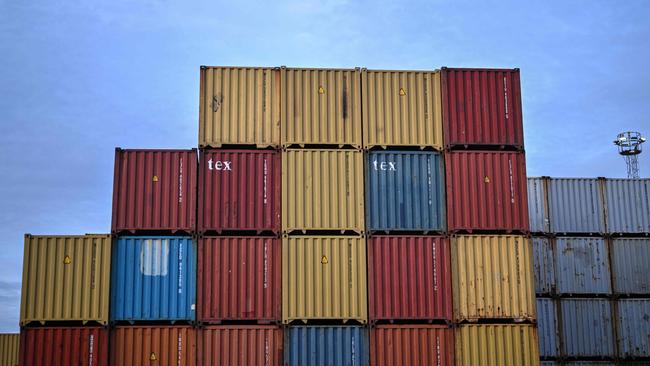
“We have prospered enormously from these rules. We can make a transaction with the other side of the globe, confident it will be received at the other end. We can exchange goods and cash, expect them to be delivered, and – if there is a need for arbitration – there are mechanisms for accountability,” says Blaxland.
“That didn’t exist before. And we take it for granted that it does. But this is extraordinary – and it’s actually more fragile than most people realise.”
It’s also made the world much more interdependent.
That’s both a risk and a deterrent.
“But when you start tearing down these institutions, if you completely ignore them – well, where’s the floor? How far can you fall? And the human heart can be pretty darn dark.”
The power of one
“Democracy can fight back, but it requires sacrificial leadership. And it requires visionary leadership,” says Blaxland.
“What we have, unfortunately, is a generation of leaders who have succeeded so far by grappling with the backroom fights, the tyranny of the urgent, and by fairly cynical politicking.”
And that’s the opposite of what pulled Australia – and the US and UK – through World War Two.
Australia was in a very messy state at that time.
Once Prime Minister John Curtin was elected in October 1941, he had to contend with everything from Japanese forces steamrollering their way south through to unions sabotaging defence efforts in the dockyards.
“It was perfidious – really awful things were happening,” says Blaxland.
“Curtin was a pacifist in the First World War. But here he finds himself Prime Minister in the heart of another global war. And he basically worked himself to death to defend Australia. He died in July 1945 – right before the end of the war. (US President) Roosevelt’s the same. They both worked themselves to death in defence of something they believed in.”

Blaxland believes that’s the kind of leadership Australia – and global democracies – need now.
“I think our current crop of leaders can do that. But it’s a deliberate choice,” he adds.
An obsession with polls and competing interest groups has caused competing political parties to lose sight of the big picture and follow the most timid paths.
“They actually have to choose to change direction,” he says. “They have to choose to act in a way that’s for the greater good – and not the good of just themselves or their backers.
“That is self-sacrificing. That is visionary. And that actually leads”.
Democracy also has proven benefits.
Trust. Trade. Innovation. Arbitration. Prosperity.
“These are all factors mitigating the risks in further unravelling the world order,” says Blaxland. “This makes me not exactly optimistic, but sanguine about the prospects of the West managing to muddle its way through 2024 without the balloon going up on a grand scale.”
Jamie Seidel is a freelance writer | @JamieSeidel
Originally published as ‘End Times’: Why 2024 is make or break for democracy




